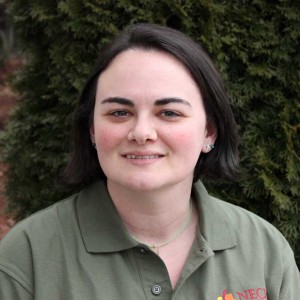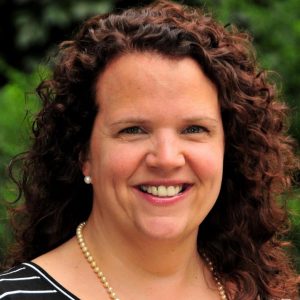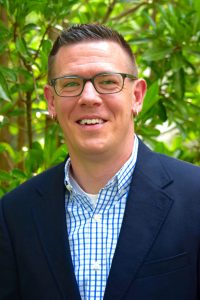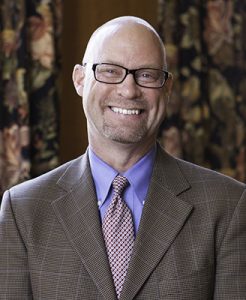 Jessi Robinson, Operations Coordinator
Jessi Robinson, Operations Coordinator
Current Title and Institution: Graduation Coordinator at UMass Boston
What do you do as the Graduation Coordinator?
My primary role is managing the Graduation Team, who reviews student academic and administrative records for degree conferral. In order to do this accurately, I and my team manage student record accuracy, working with Departments, Admissions, and students themselves to ensure audits and transcripts are complete and updated. I also review requests from matriculated students to take courses at other institutions, collaborate with the Office of Communications to disseminate information through social media, and serve as the point-of-contact for system upgrades which will affect the Graduation Team.
What do you love about working at your current institution?
As the only public research university in Boston, UMass Boston has an incredibly diverse population of students and staff.
How did you get involved in the New England College Personnel Association (NECPA)?
I attended the 2009 MCPA Drive-In, volunteering with set-up. After that, I continued volunteering with the Drive-In and attending other events until I joined the Board in 2013.
When you aren’t working or focusing on your NECPA role, how do you spend your free time?
Much of my free time is taken up with keeping my house/yard and taking care of my pets, but I also volunteer with Girl Scouts of Eastern MA as a Learning Facilitator, Gold Award Advisor, Regional and National Delegate, and I volunteer at various events.
Who inspired you to get involved in Higher Education?
Jane Friedman, admissions Counselor & Greg Clement, Assistant Director of the SSC Ellison Campus Center. As an undergrad, I had Work Study in the Admissions Office for 4 years. I started as a tour guide, and was eventually brought upstairs to assist with entering application data, creating the travel schedules, and even meeting with students. I enjoyed working with Jane to determine if students on the border of admission/denial could be admitted, and might have pursued Admissions upon graduation if not for the travel schedule. I frequently said that I wanted to be Greg when I grew up. I spent most of my time outside of classes and work in the Campus Center, and his job was so active and fun. I was very much inspired by both of these people’s caring, engagement and pleasure at what they did.
What is the most valuable lesson you have learned in your career (so far)?
“I know what I am good at, and I know what I like to do. I don’t want to just go to meetings; I want to interact directly with staff and faculty, and work with the vendors to ensure employee needs are being met. I LIKE my job and I’m good at it. I won’t be as good as VP as I am here, and that would be detrimental to the department and university.” (paraphrased since it’s been 10 years). When a former supervisor was being bullied into taking the open VP role in our department, she threatened to leave the university. Life shouldn’t be about titles (or even money), it should be about fit and happiness.
What is on your Higher Ed bucket list?
Serving on an ACPA Directorate Board; probably Commission for Academic Support in Higher Education or Mid-Level Community of Practice.
Why should professionals in New England get involved in NECPA?
NECPA is the closest and most relevant way to network with local colleagues for professional development. As NECPA continues to grow, getting involved now is vital to ensure we grow and flourish in ways that are pertinent to you now and throughout your professional career. As someone working in a department not traditionally included under the “Student Affairs” umbrella, my involvement with MCPA and now NECPA has been critical to being connected to other professionals, and I’ve had the opportunity to remind others that there are many people and departments involved in student development, even if they haven’t gone through the same education. NECPA is focused on connecting all higher education professionals in New England for mutual support and learning.
 Preferred Name: Kathleen E. Gillon, Ph.D.
Preferred Name: Kathleen E. Gillon, Ph.D.


